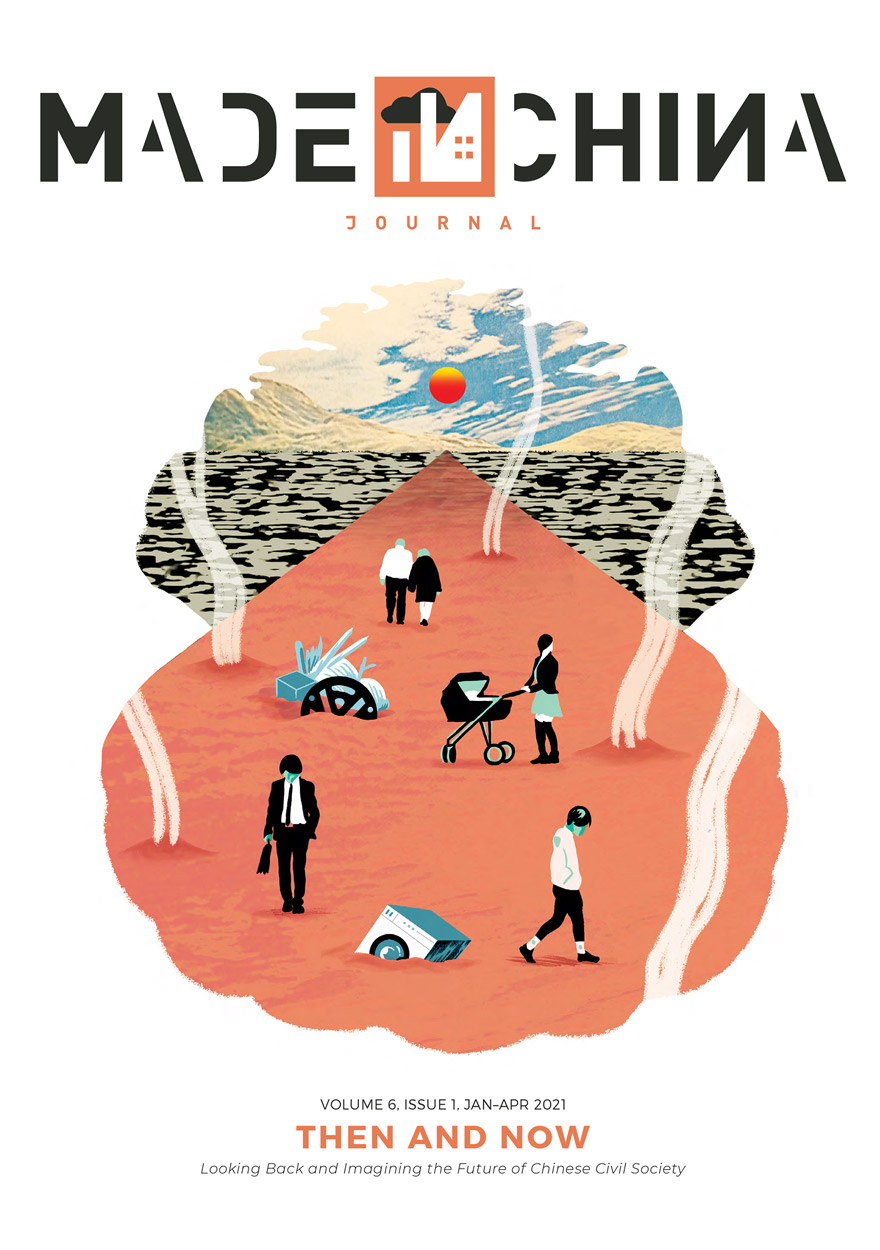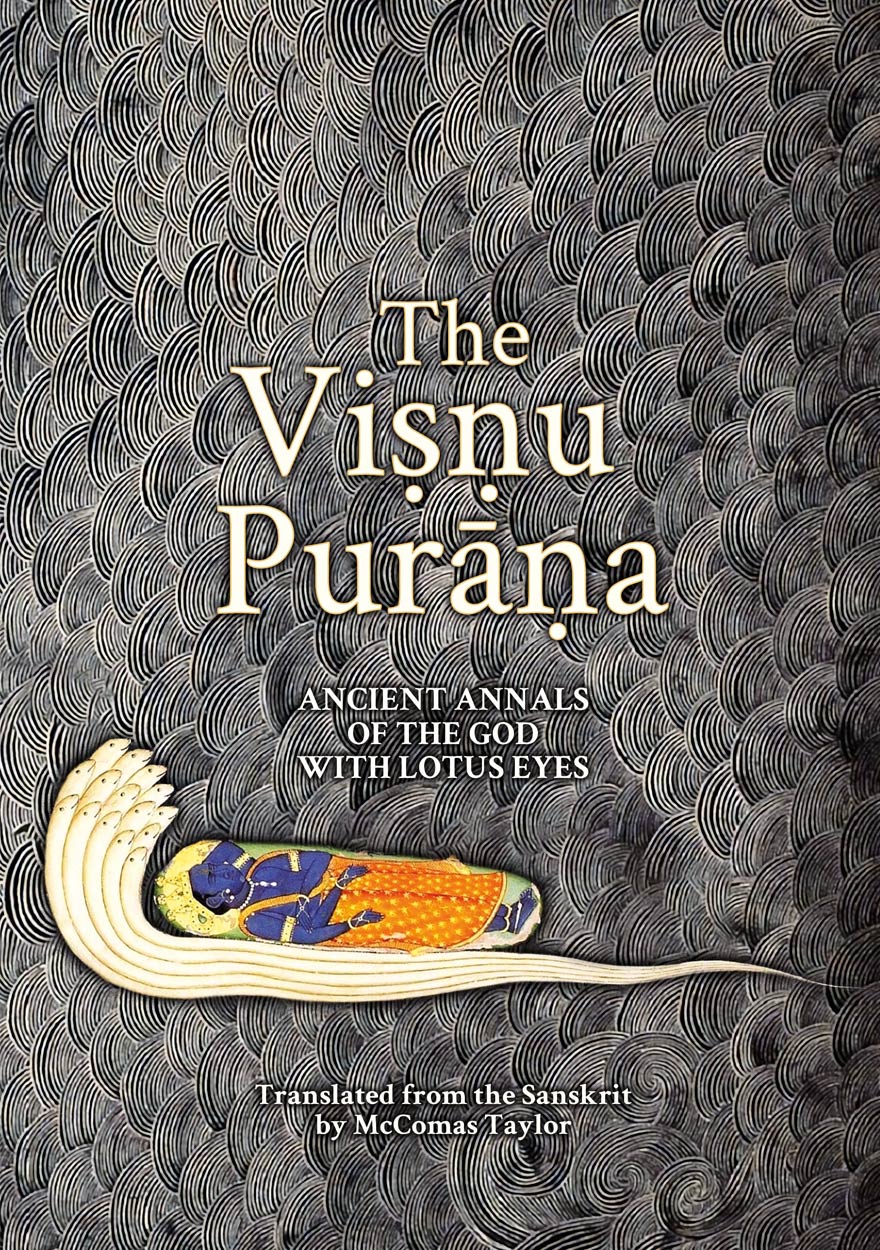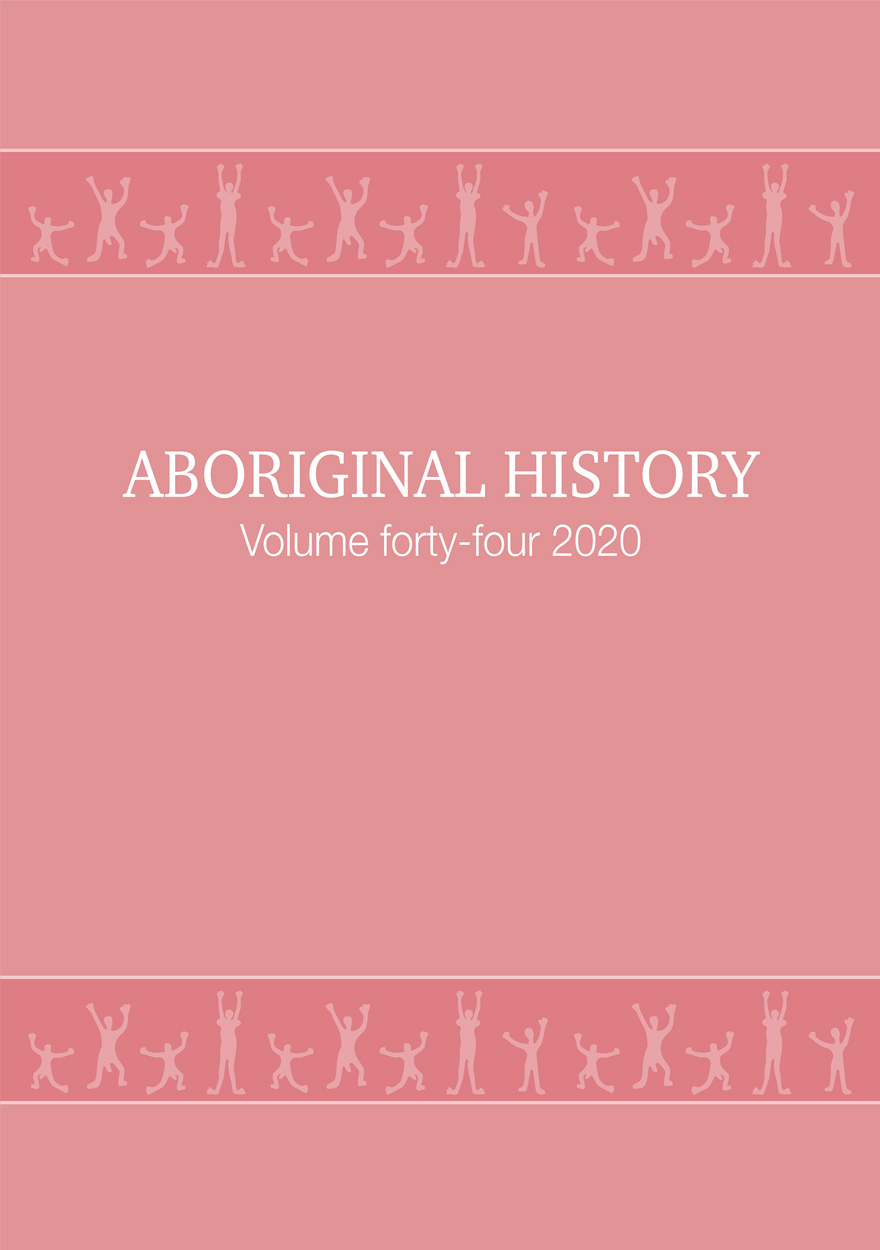Search titles
Displaying results 141 to 150 of 1097.

Made in China Journal: Volume 6, Issue 1, 2021 »
Edited by: Ivan Franceschini, Nicholas Loubere
Publication date: July 2021
In the spring of 2021, China’s central authorities issued a policy that seeks to change norms of China’s civil society that have been established over the past 30 years. At a moment that portends a closing of space for unregistered NGOs and a possible shift in the ways NGOs can emerge, evolve and cooperate with other social and state entities, we thought it important to look back to revisit the development of China’s civil society over the past decades. Not only is this exercise important in enabling us to understand the shifts now taking place, but it also reminds us of the possibilities that once were, and the possible futures that may be. With this issue we wanted to bring together practitioners, whose experience of running or participating in organisations and initiatives is invaluable both in and of itself, but also in helping us to reflect. We sought to bring their insights together with those of scholars who also have a deep interest, and often practical experience, in China’s organised civil society, studying its different aspects and dynamics. We hoped, too, to capture something of the vibrant diversity of organised civil society during its early (re-)emergence in the 1990s and to remember, as best we could, some of the early pioneers and possibilities.
Download for free
Not available for purchase

Indigenous Australian Youth Futures »
Living the Social Determinants of Health
Publication date: July 2021
Adolescents are at a critical life stage where they will soon be able to contribute to the wellbeing of humankind, or do it great harm. Consequently, it is vital that the challenges and possibilities of adolescence be well understood and addressed. In Australia, such understanding is urgently needed with respect to Aboriginal adolescents. Not only must they adjust to their changing bodies and minds, but they must negotiate these changes within a context usually characterised by racism and poverty. They must also do this within intercultural environments that include the disparate and sometimes incompatible beliefs and practices of their multicultural populations. The chapters in this collection address these challenges to Aboriginal adolescents in the Northern Territory and the intercultural contexts in which they take place. Their discussions include the adolescents’ experiences with health and health care, education, and the criminal justice system. They also address their hopes, dreams, plans and politics, engagement with social media, food preferences and nutrition, engagement with language, family, and changing mores affecting sexual behaviour and marriage.
The book aims to provide readers with a greater understanding of the day-to-day lives of Aboriginal adolescents, and some of the adults who care for or neglect them. It seeks to provide readers with a better understanding of the circumstances, processes and factors that affect adolescent health, wellbeing and future prospects in their intercultural environments, and glimpse the multiplicity of these circumstances, processes and factors and the complexity of their interaction.

Like Fire »
The Paliau Movement and Millenarianism in Melanesia
Authored by: Theodore Schwartz, Michael French Smith
Publication date: July 2021
‘Like Fire consummates remarkable longitudinal ethnographic research on the Paliau Movement in Papua New Guinea, pursued from the 1950s into the 1990s by Theodore Schwartz, with Michael French Smith as his sometime assistant, and updated by Smith in 2015. The theoretical arguments are highly provocative and the book is well written and fascinating throughout. Like Fire poses important questions about the driving forces and contours of Pacific Island history and the place in it of cargo cults and other millenarian movements.’
—Aletta Biersack, Professor Emerita, University of Oregon
‘Like Fire synthesises old, but inaccessible, and new material on an important and long-lasting indigenous Melanesian movement, while making extensive use of the wider literature on cargo cults and millenarianism. I find the theorising in this book both very original and an important contribution to the debates on Melanesian religion, cargo cults, and millenarianism more generally. As the authors state, the topic of millenarianism has great relevance because of its ubiquity in the contemporary world.’
—Ton Otto, Professor of Anthropology, Aarhus University, Denmark, and James Cook University, Australia
Like Fire chronicles an indigenous movement for radical change in Papua New Guinea from 1946 to the present. The movement’s founder, Paliau Maloat, promoted a program for step-by-step social change in which many of his followers also found hope for a miraculous millenarian transformation. Drawing on data collected over several decades, Theodore Schwartz and Michael French Smith describe the movement’s history, Paliau’s transformation from secular reformer and politician to Melanesian Jesus, and the development of the current incarnation of the movement as Wind Nation, a fully millenarian endeavour. Their analysis casts doubt on common ways of understanding a characteristically Melanesian form of millenarianism, the cargo cult, and questions widely accepted ways of interpreting millenarianism in general. They show that to understand the human proclivity for millenarianism we must scrutinise more closely two near-universal human tendencies: difficulty accepting the role of chance or impersonal forces in shaping events (that is, the tendency to personify causation), and a tendency to imagine that one or one’s group is the focus of the malign or benign attention of purposeful entities, from the local to the cosmic. Schwartz and Smith discuss the prevalence of millenarianism and warn against romanticising it, because the millenarian mind can subvert rationality and nourish rage and fear even as it seeks transcendence.

The Viṣṇu Purāṇa »
Ancient Annals of the God with Lotus Eyes
Authored by: McComas Taylor
Publication date: June 2021
This translation of The Viṣṇu Purāṇa is also available as a free audiobook (see the 'Additional Resources' tab).
Viṣṇu is a central deity in the Hindu pantheon, especially in his manifestation as the seductive cattle-herding youth, Kṛṣṇa. The purāṇas are sacred texts, which, as the Sanskrit name implies, are collections of narratives from ‘long ago’. The Viṣṇu Purāṇa is thus an ancient account of the universe and guide to life, which places Viṣṇu-Kṛṣṇa at the centre of creation, theology and reality itself.
This text, composed about 1,500 years ago, provides a comprehensive and accessible introduction to the most important themes and narratives that constitute the Hindu imagination: the creation and destruction of the universe, the origin of gods and mortals, the peopling of the world, and the structure and conduct of ideal brahminical society.
The Viṣṇu Purāṇa describes the trials of exemplary devotees, the existential struggles between gods and demons, and the exploits of legendary cultural heroes. It also contains many ecstatic songs of praise for the deity. The ever-popular accounts of Kṛṣṇa’s love games with the cattle-herding girls of Vṛṇdāvana, which have proliferated in literature, dance, song and visual arts over the millennia, are found here in authoritative form.
This faithful yet fluent blank-verse rendering of this great Hindu classic is the first new English translation in nearly 200 years. It will be welcomed by the scholarly community, while remaining readily accessible to a general readership.

Politics, Policy and Public Administration in Theory and Practice »
Essays in Honour of Professor John Wanna
Publication date: June 2021
This festschrift celebrates the extensive contribution John Wanna has made to the research and practice of politics, policy and public administration.
It includes both personal acknowledgements of his work and substantial essays on the issues that he focused most closely upon during his academic career: budgeting and financial management, politics, and public policy and administration.
The essays address contemporary developments in public sector financial management in Australia and overseas, changing political processes in Queensland and the Commonwealth, and public governance and administration reform trajectories in Australia and internationally, including in China.
A common theme is the importance of linking research to practice, reflecting John Wanna’s own style and contribution. Essays include exploration of the interface between academia and practice, including from the perspective of practitioners.
The authors of the essays in this volume include eminent Australian and international scholars of public administration, experienced public service practitioners and younger scholars influenced by John Wanna.

International Review of Environmental History: Volume 7, Issue 1, 2021 »
Edited by: James Beattie, Ruth Morgan, Margaret Cook
Publication date: June 2021
Arising from the ‘Placing Gender’ workshop held in Melbourne in 2018, this collection brings together contributions that demonstrate different approaches to undertaking gender analysis in environmental history. Focusing on non-Indigenous women and men in the Anglo-world from the mid-nineteenth century, some adopt new tools to excavate familiar terrain, while others listen closely to voices that have rarely been heard in the field. This issue argues that recasting the making of settler places in terms of their gendered production and experience not only enriches their own environmental history, but also broadens the historian’s enquiry to encompass the other lands implicated in the production of settler places.
Download for free
Not available for purchase

Sound Citizens »
Australian Women Broadcasters Claim their Voice, 1923–1956
Authored by: Catherine Fisher
Publication date: June 2021
In 1954 Dame Enid Lyons, the first woman elected to the Australian House of Representatives, argued that radio had ‘created a bigger revolution in the life of a woman than anything that has happened any time’ as it brought the public sphere into the home and women into the public sphere. Taking this claim as its starting point, Sound Citizens examines how a cohort of professional women broadcasters, activists and politicians used radio to contribute to the public sphere and improve women’s status in Australia from the introduction of radio in 1923 until the introduction of television in 1956. This book reveals a much broader and more complex history of women’s contributions to Australian broadcasting than has been previously acknowledged.
Using a rich archive of radio magazines, station archives, scripts, personal papers and surviving recordings, Sound Citizens traces how women broadcasters used radio as a tool for their advocacy; radio’s significance to the history of women’s advancement; and how broadcasting was used in the development of women’s citizenship in Australia. It argues that women broadcasters saw radio as a medium that had the potential to transform women’s lives and status in society, and that they worked to both claim their own voices in the public sphere and to encourage other women to become active citizens. Radio provided a platform for women to contribute to public discourse and normalised the presence of women’s voices in the public sphere, both literally and figuratively.

Russian Energy Strategy in the Asia-Pacific »
Implications for Australia
Edited by: Elizabeth Buchanan
Publication date: June 2021
Given Australia’s lack of energy security strategy, it is not surprising that the country is void of institutional knowledge and know-how of Russian foreign energy strategy. The ‘lucky country’ as it were, relies entirely on sea-lines of communication to the north to supply fuel and to export Australian coal and natural gas. Australia has entered the 2020s as the world’s largest liquefied natural gas (LNG) exporter; however, maintaining complacency in Canberra’s current export activities will ultimately lead to a long-term security crisis. This book critically examines Russian energy strategy in the Asia-Pacific, with a view to determining the security implications for Australia. Russia is important for global energy security chains because of its vast resource wealth and its geographical position – a pivotal position to supply both the European and Asian markets. Australia has no such luxury, geographically constrained as an island continent; it relies on the nearby Asia-Pacific import market to demand our energy and to facilitate the delivery of our national oil supplies. Understanding Russian foreign energy strategy in the region is crucial given the growing energy requirements in Australia’s emerging Asia-Pacific arena.

Aboriginal History Journal: Volume 44 »
Edited by: Crystal McKinnon, Ben Silverstein
Publication date: May 2021
In this volume, Charlotte Ward’s narration of re-enactments of the Endeavour’s landing in Cooktown traces local processes of engaging with and producing histories that bring together stories of that landing with the much longer story of Guugu Yimithirr sovereignty. Heather Burke, Ray Kerkhove, Lynley A. Wallis, Cathy Keys and Bryce Barker analyse the extent of fear on the Queensland frontier through a historical and archaeological study of homes and huts and their fortification. In a collaborative article, Myfany Turpin, Felicity Meakins, Marie Mudgedell, Angie Tchooga and Calista Yeoh consider three performances of Puranguwana, a ‘classical’ Western Desert song that emerges from the death of Yawalyurru, a Pintupi man. Paige Gleeson offers us a new perspective on the well-known image of Warlpiri-Anmatyerr man Gwoja Tjungurrayi, known since the 1950s as ‘One Pound Jimmy’, an image featured on postage stamps and on the two dollar coin. And Gretchen Stolte’s study of Queensland Aboriginal Creations situates the production of boomerangs for sale as work of cultural importance, enriching understandings of Aboriginal artwork and its production.
Download for free
Not available for purchase

Austronesian Paths and Journeys »
Edited by: James J. Fox
Publication date: May 2021
This is the eighth volume in the Comparative Austronesian series. The papers in this volume examine metaphors of path and journey among specific Austronesian societies located on islands from Taiwan to Timor and from Madagascar to Micronesia. These diverse local expressions define common cultural conceptions found throughout the Austronesian-speaking world.



